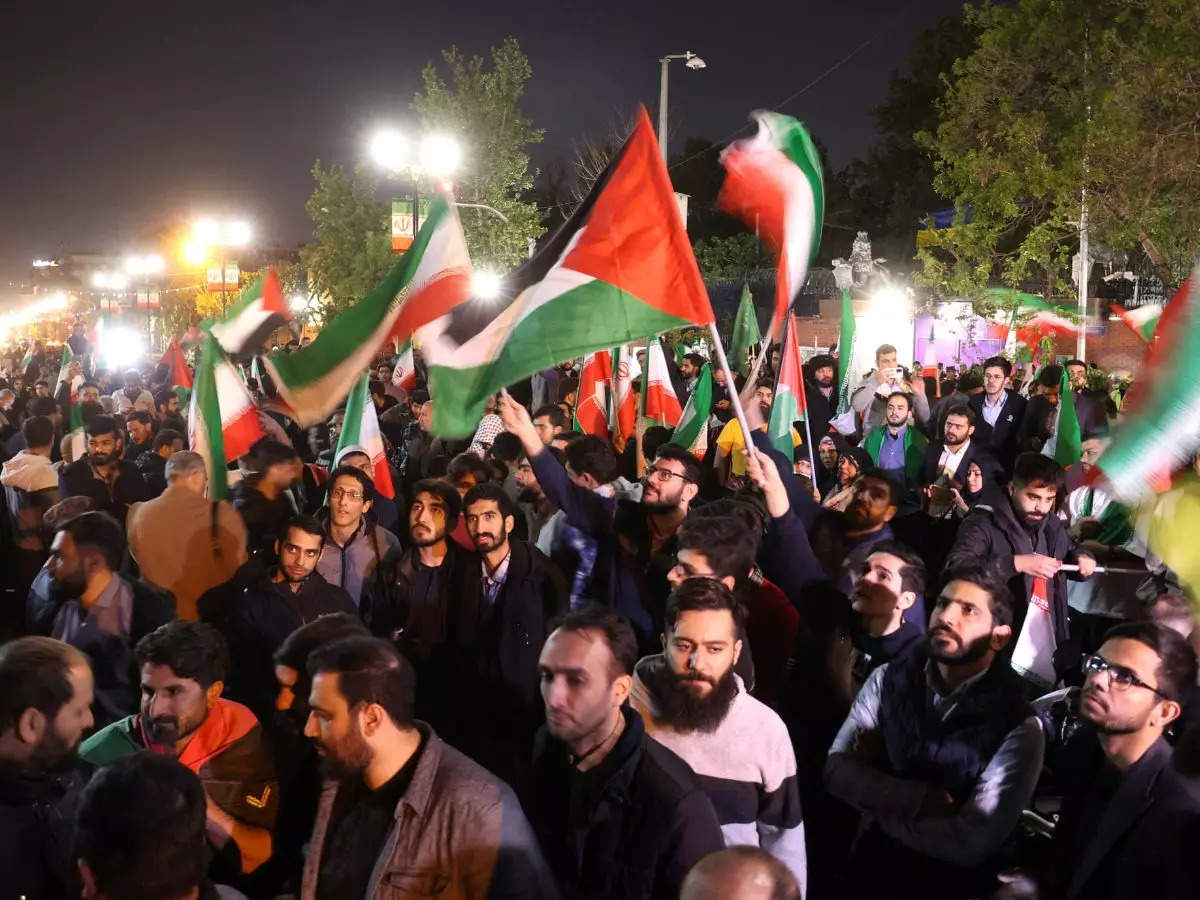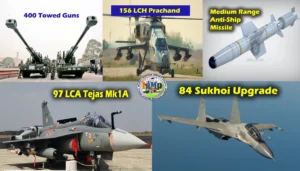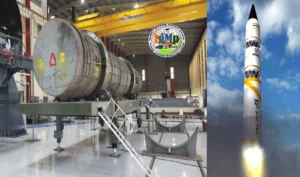If the war escalates and spreads across West Asia, it might impact India’s critical interests in the energy sector as well as its diaspora numbering about 10 million in the Gulf region, said people with knowledge of the matter.
Any possible evacuation of diaspora in case of a wider conflict would also be a mammoth task, they said.
The external affairs ministry said: “We are seriously concerned at the escalation of hostilities between Israel and Iran which threatens the peace and security in the region. We call for immediate de-escalation, exercise of restraint, stepping back from violence and return to the path of diplomacy.”
The ministry’s spokesperson further said, “We are closely monitoring the evolving situation. Our embassies in the region are in close touch with the Indian community. It is vital that security and stability are maintained in the region.”
The people cited earlier told ET that while Israel is militarily superior to many of its neighbours, it may have overplayed its hand by targeting the Iranian consulate while handling Gaza operations. A direct attack on an Iranian diplomatic asset was bound to provoke a reaction, they said, given that Iran and Israel had been involved in a war of words for the past 15 years. India is keeping a close watch on any retaliation by Israel and US moves to control situation. Later on Sunday night, foreign minister S Jaishankar spoke with foreign ministers of Israel and Iran and called for restraint. He also discussed release of 17 Indians on board the ship seized by Islamic Revolutionary Guard Corps in Hormuz Straits. Former deputy national security advisor Pankaj Saran said the West Asian crisis would have greater far-reaching consequences for India than the Russia-Ukraine war. “The escalation of tensions has been playing out in front of our eyes since October 7, 2023 (when Hamas attacked Israel). This is most unfortunate and we will all pay a heavy price.”
Saran said, “It is still not too late to contain a wider war. We have to hope that better sense prevails and regional states as well as external powers, especially the United States, and Russia, counsel restraint and not fan the flames of war.” Anil Trigunayat, ex-envoy to Libya and Jordan, said, “Heightened military presence of US forces and Tehran-Tel Aviv mutually destructive syndrome will have unprecedented consequences for the region, especially India.”







